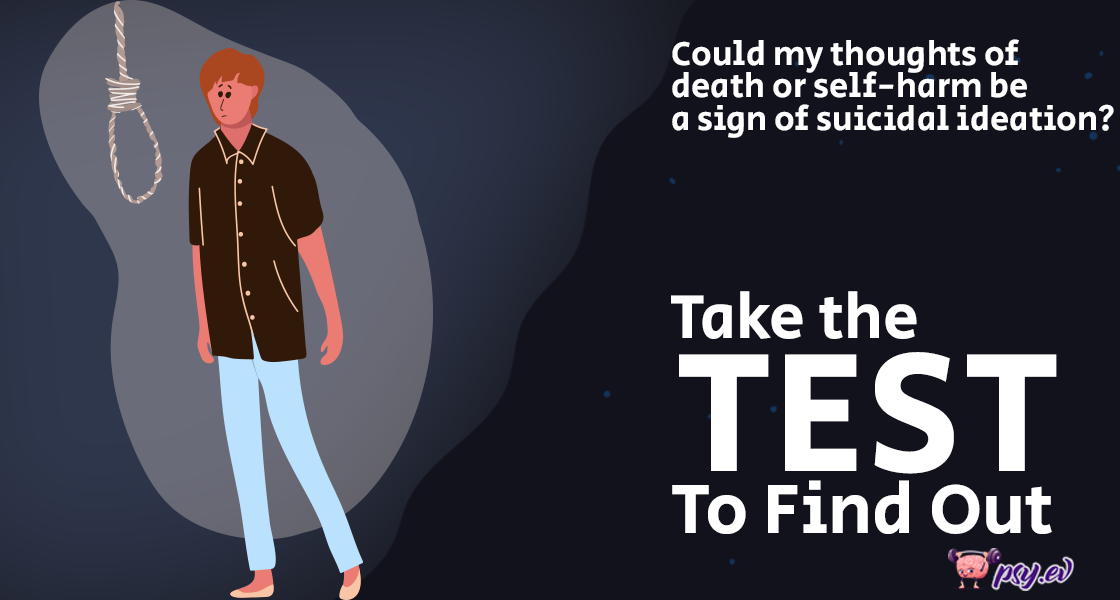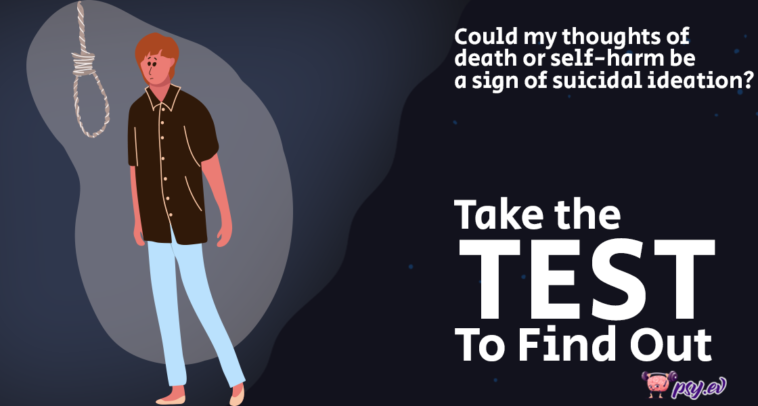The Next Steps
The ‘Am I Suicidal’ quiz aims to establish whether a person is suicidal. If the test result is positive and you are suicidal, speaking to a mental health professional at the earliest is highly recommended. Don’t be afraid to reach out for help and inform your family and friends about the diagnosis. If you believe you’re in imminent danger, call a suicide prevention hotline immediately. Accept that you need assistance and take back control of your thoughts.
Taking the test is the first step, and seeking help is the next. Whether you’re suffering from a mental disorder or you’ve been through a life-altering experience, suicide is never the solution. A psychologist can help you understand why you’re having suicidal thoughts and draw a therapy plan to treat and resolve the underlying issue.
Suicide: Causes and Signs
According to the International Association for Suicide Prevention, an estimated 703,000 commit suicide yearly around the world. It is among the top ten leading causes of death in the United States.
There can be many causes behind suicidal thoughts in people. However, depression is a common cause of recurring suicidal thoughts. Mental conditions like bipolar disorder, anxiety disorders, and schizophrenia can also cause thoughts and compulsions about ending one's life. Furthermore, traumatic events in life, such as the death of a loved one or sexual abuse, can take a toll on a person’s emotional and mental health, causing suicidal thoughts.
There are many obvious and some not-so-obvious signs that the suicidal thoughts test looks for. For example, feeling hopeless all the time or withdrawing from friends and family can be a sign of a suicidal trajectory. The person experiencing such thoughts and emotions may not easily realize that they are inching closer to taking their own life, so diagnosing the problem early on is extremely important. Similarly, the people around them may not realize they are becoming suicidal.


